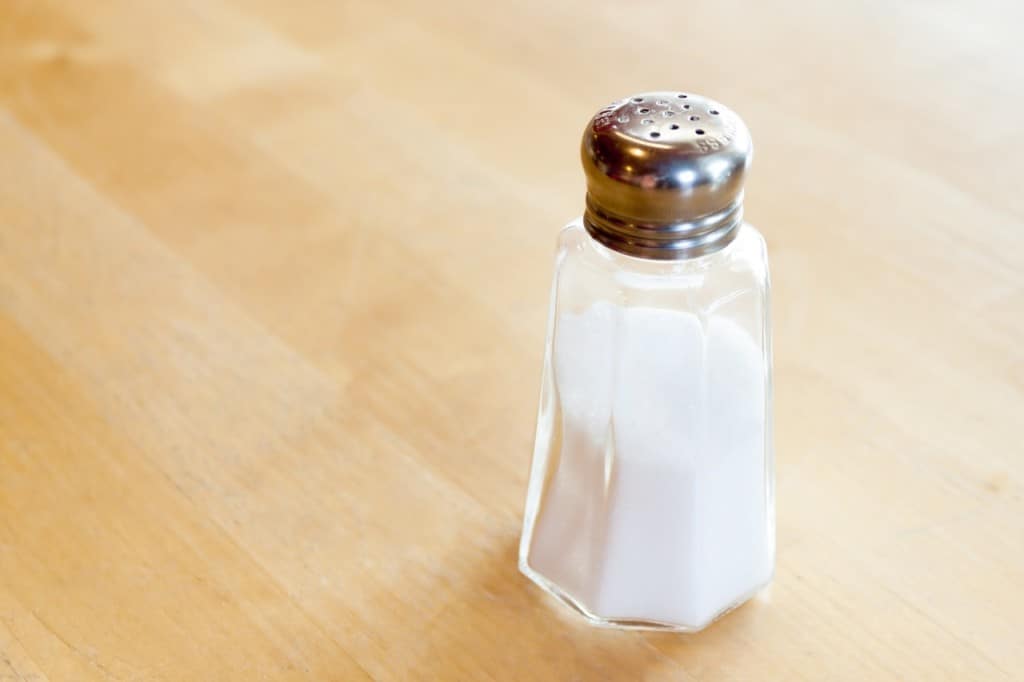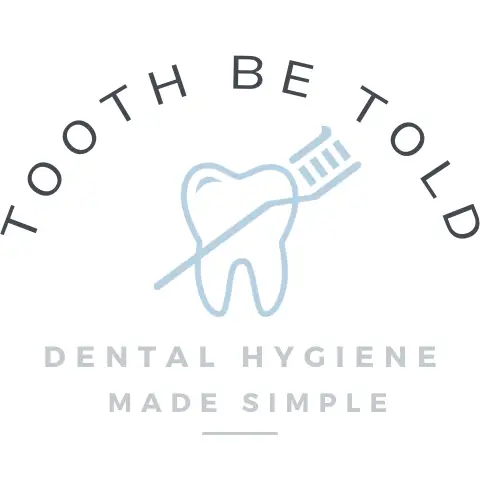
Salt water saline rinses have been around for a very, very long time, and that’s because they work. And they work well.
What salt water rinses are used for
Salt water rinses are usually recommended for tissue healing in the mouth and also to prevent infection. This includes people who have undergone oral surgery, have oral piercings, canker sores, cuts from braces, sore throat, or any irritation of the mouth’s soft tissues.
Concentration is key
Salt water rinses are only effective if the concentration of salt is at least a MIC (minimum inhibitory concentration) of 0.7 M.
If you don’t have this concentration, it won’t kill the bacteria and will not be effective.
Salt water rinse recipe and how to use
At least ½ teaspoon to every 1 cup of water. This will give you a 0.9 M concentration which is more than enough to inhibit the bad bacteria in your mouth.
- Warm 1 cup of water in the microwave. You do not want it hot!
- Stir in and dissolve at least ½ a teaspoon of table salt.
- Once dissolved completely, you can then start rinsing.
- Take a mouthful of the salt water and gently swish it around your mouth for at least 5-10 seconds and spit it out.
- Repeat until the whole cup of salt water is used.
You will want to do a salt water rinse at least 1-4 x a day for 1 week if your aim is healing, but if you are rinsing with it to replace mouthwash, you don’t want to do it too often, even just 2 to 3 x a week will do.
Don’t forget about the toothbrush and floss!
Remember, it’s the mechanical removal of the plaque on your teeth that will improve your oral health the most.
Mouth rinses are not a replacement for flossing and brushing.
If your goal is to aid in healing, you will want to floss and brush before doing the salt water rinse because you want the concentration of the salt water to stay in your mouth to have the highest efficacy. If you brush and floss after the salt water rinse, it will rinse away the salt still in the mouth and reduce the effectiveness.
However, you do not want to do this all the time because rinsing after brushing with toothpaste with a remineralizing agent will rinse it all away, reducing the efficacy and increasing cavity risk.
This is why we don’t want you rinsing with mouthwash, water, or salt water after brushing unless there is an important reason to do so!
When you should not do salt water rinses
Do not do salt water rinses if you are on a salt-restricted diet. Make sure to check with your doctor to make sure it is safe to do.
If you are worried about swallowing the salt, you can lean over the sink while doing it and keep drooling over the sink once you have completed the salt water mix.
Holly 🙂
